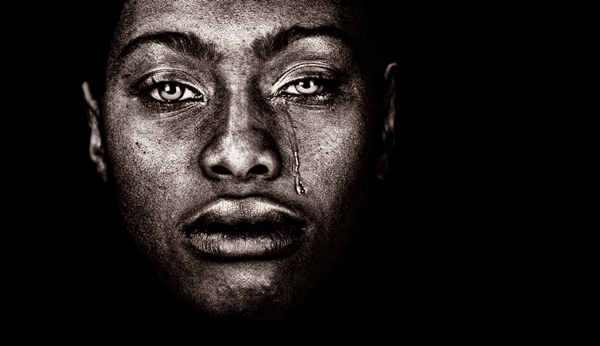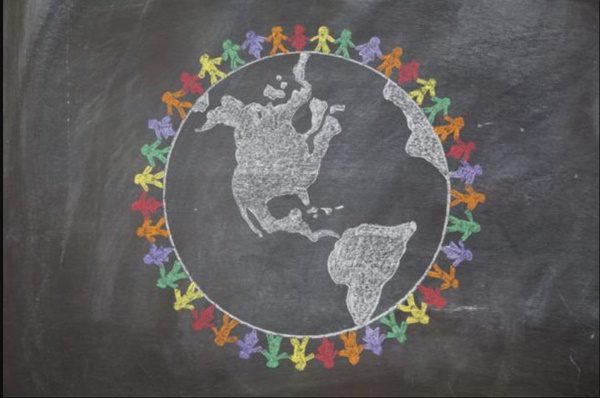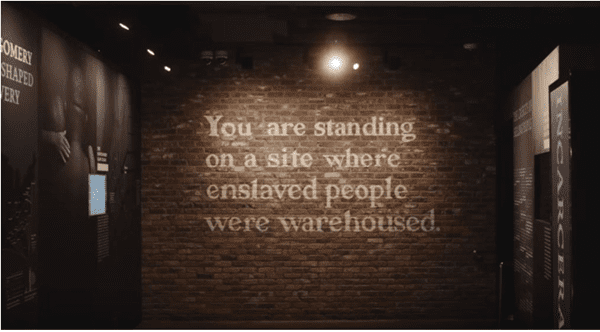Sometimes I deal with really big problems by not thinking about them. I just turn away from terrible things like forced migration or human trafficking or environmental disasters because it makes me feel so helpless. If I can’t be part of the solution I cope by tuning out.
I think the reason so many of us feel that things are going very wrong in the world is that we are turning away too soon. Or we are so desperate for a solution that we get stuck blaming others for what’s wrong which only makes the situation feel worse. But what if the question in the face of big problems is not, “What can I do?” but “What is God already doing?” That puts a different light on things.
Take the Nigerian journalist and novelist Adaobi Tricia Nwaubani, our 2018 Raven Award Winner, as a great example. She does not turn away from big problems. As seen in my interview with her, she charges in fearlessly. She ends her email signature with this verse, “But none of these things move me; nor do I count my life dear to myself, so that I may finish my race with joy…” (Acts 20:24) Adaobi doesn’t lose sight of the reality of God at work in the world.
After the kidnapping of 276 girls from a school in Chibok, Nigeria, five years ago, she followed the story and found hope with people helping both victims and perpetrators because violence had wounded them all. The stories she heard became her young adult novel, Buried Beneath the Baobab Tree, which we honored in 2018 for the hope, love and resilience she discovered amid tragedy.
And now in her latest article for the New Yorker, Adaobi again refuses to turn away from a big problem, this time from the painful legacy of slavery among the Igbo of Nigeria. Entwined with the trans-Atlantic slave trade is the history of Africans enslaving one another. The consequences of prejudice and discrimination infecting communities today can appear to defy solution. I encourage you to read her reporting from Igbo because it’s a story of healing that you will miss if you turn away from it too soon. What Adaobi found is an inspiring story of hope and, as she said in an email to me, “a perfect example of ‘African solutions for African problems’”.
While the legacy of racism here in the US is one of those big problems that I can hardly bear to look at, I am inspired by the Igbo people and am grateful to Adaobi for her steady gaze on big problems. What are your big problems? Who are you blaming? If you gaze more unflinchingly at the problem, where do you find God at work?
Let us name problems that feel too big to solve but let us also relentless seek God’s presence at work within them. For the world is alive with the power of the Holy Spirit and we must never turn away from that most gracious gift from God.
Image Copyright: 123rf.com – Laurin Rinder












